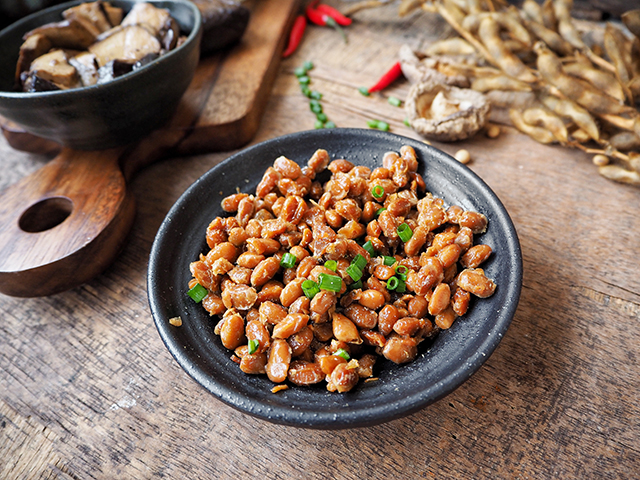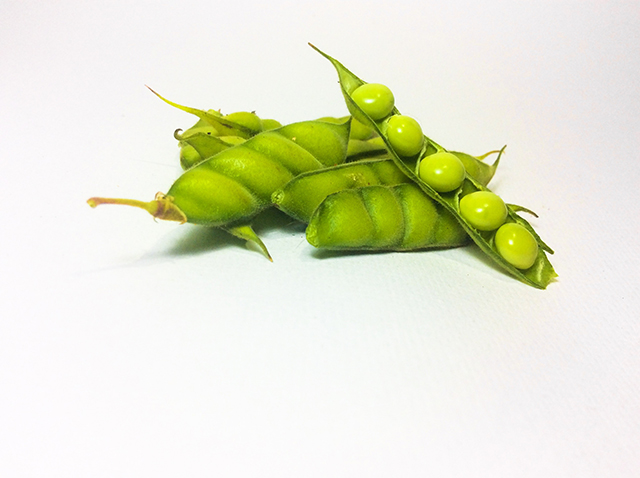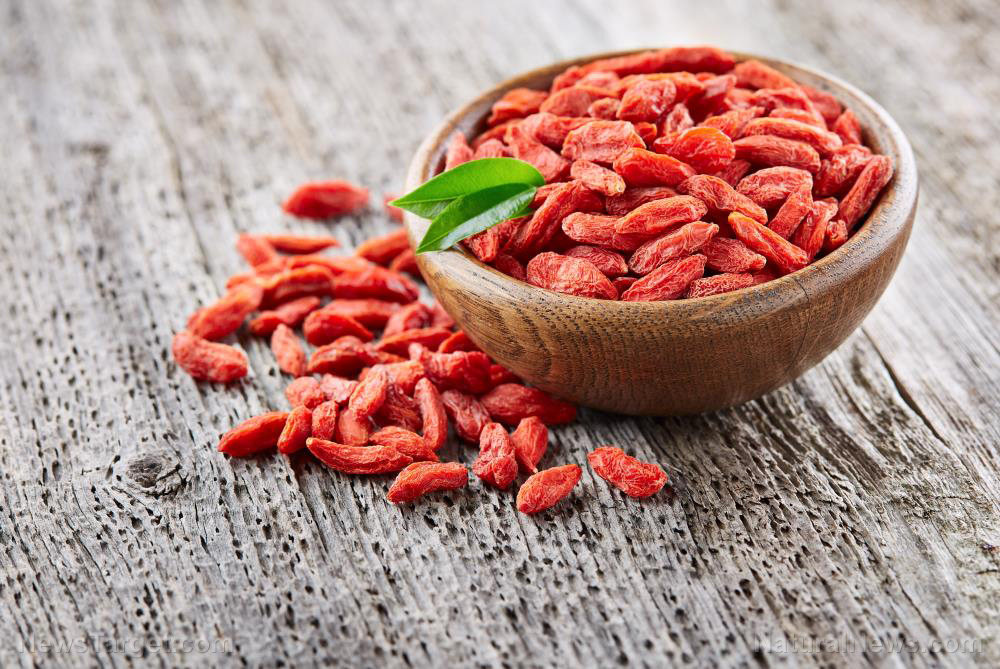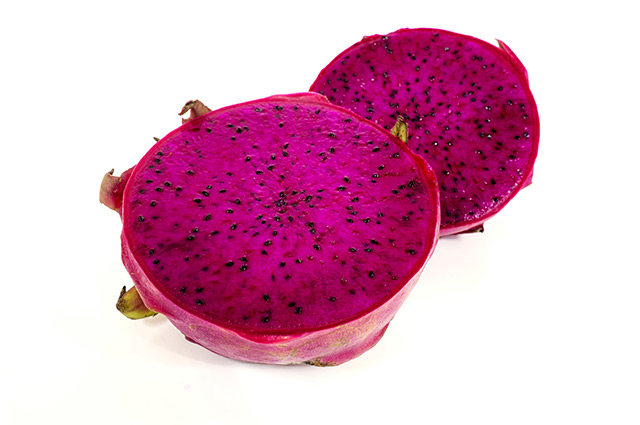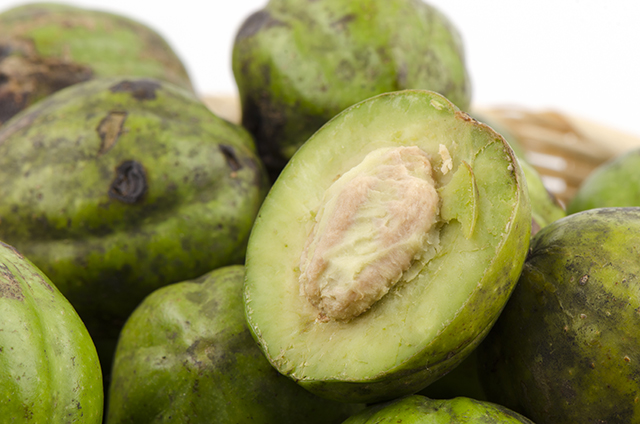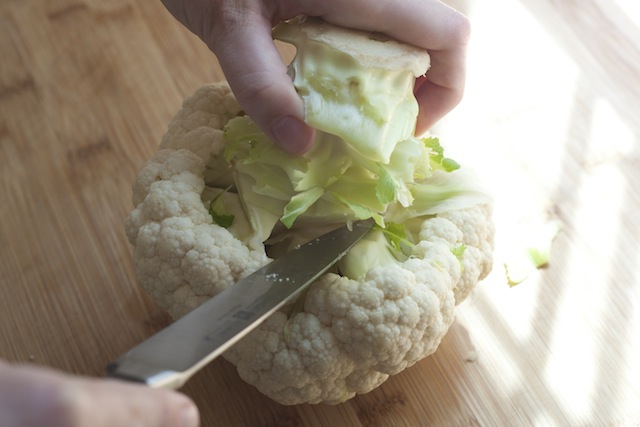Prostate cancer ELIMINATED by combination of powerful nutrients in apple peels, turmeric root and grape skins
10/22/2017 / By Earl Garcia
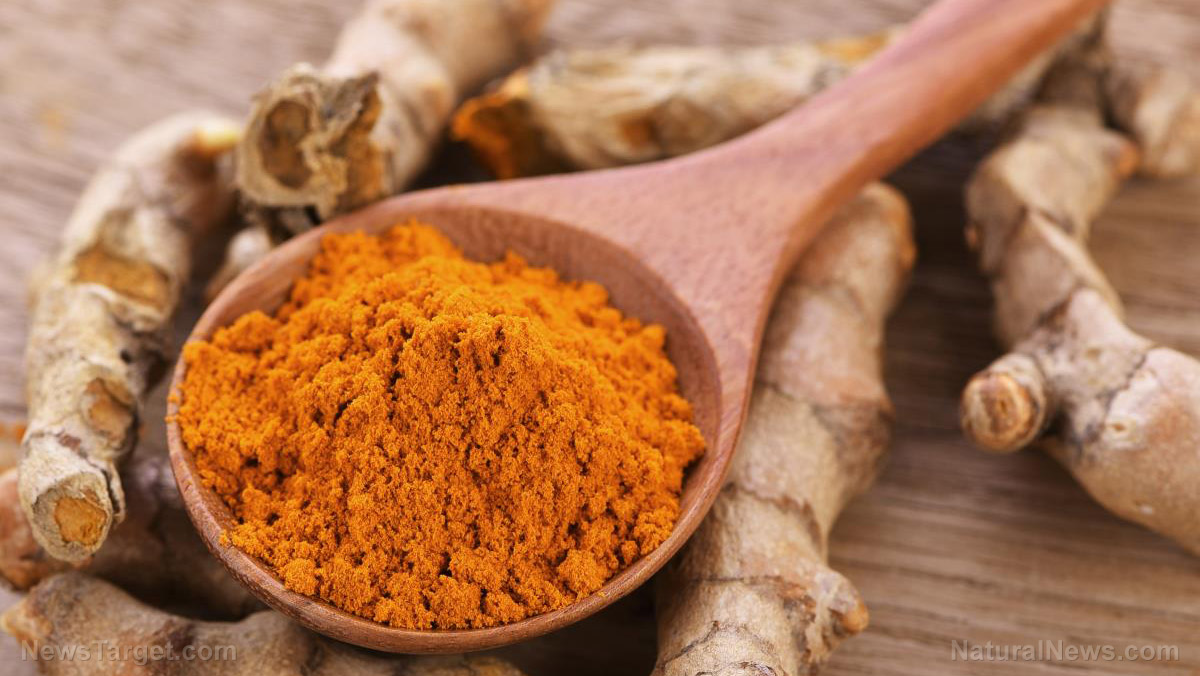
A recent study published in Precision Oncology revealed that a potent combination of compounds from turmeric root, apple peels, and grapes help keep prostate cancer at bay. To carry out the study, a team of health experts at the University of Texas at Austin identified 142 natural compounds that may potentially fend off the disease. The research team then tested these compounds on mouse and human cell lines to identify which ones may mitigate the growth of prostate cancer cells when used either alone or in combination with other compounds.
The scientists found that three compounds were notably effective in starving prostate cancer cells and impede their proliferation: the ursolic acid in apple peels, the curcumin in turmeric and the resveratrol in grapes. According to the researchers, ursolic acid was the waxy natural compound commonly seen in apple peels, while curcumin was the bright yellow active ingredient in turmeric. On the other hand, resveratrol was the natural compound found in red grapes or berries. In addition, the study revealed that combining ursolic acid with either resveratrol or curcumin inhibited prostate cancer cells from consuming glutamine. This is a compound that cancer cells need to consume in order to grow, the researchers said.
“After screening a natural compound library, we developed an unbiased look at combinations of nutrients that have a better effect on prostate cancer than existing drugs. The beauty of this study is that we were able to inhibit tumor growth in mice without toxicity. These nutrients have potential anti-cancer properties and are readily available. We only need to increase concentration beyond levels found in a healthy diet for an effect on prostate cancer cells,” said Stefano Tiziani, corresponding author and assistant professor in the Department of Nutritional Sciences and Dell Pediatric Research Institute at UT Austin.
Turmeric, apple and grapes fend off prostate cancer in past studies
The recent findings were reflective of previous studies demonstrating the compounds’ efficacy against prostate cancer proliferation. For instance, a 2012 study carried out by researchers at the Ludwig-Maximilians-Universität in Munich, Germany, found that curcumin in turmeric may halt the formation of metastases in patients with prostate cancer. According to the experts, curcumin was found to reduce the expression of two pro-inflammatory immunomodulators in a mouse model. As a result, fewer metastases were observed. The scientists inferred that curcumin may contain beneficial properties that stave off inflammation-related cancers such as prostate and breast cancer. (Related: Learn more about plant-based medicinal nutrients at Phytonutrients.news.)
“Due to the action of curcumin, the tumor cells synthesize smaller amounts of cytokines that promote metastasis. As a consequence, the frequency of metastasis formation in the lungs is significantly reduced, in animals with breast cancer, as we showed previously, or carcinoma of the prostate, as demonstrated in our new study. This does not mean that the compound should be seen as a replacement for conventional therapies. However, it could play a positive role in primary prevention — before a full-blown tumor arises — or help to avert formation of metastases. In this context the fact that the substance is well tolerated is very important, because one can safely recommend it to individuals who have an increased tumor risk,” the research team was quoted in saying on MedicalNewsToday.com.
A study conducted by researchers at the University of Missouri also found that adding resveratrol to radiation therapy effectively eliminated nearly all prostate tumor cells examined. The researchers also found that the combination therapy killed more prostate cancer cells compared with radiation treatment alone.
In addition, a research carried out by researchers at the University of Wisconsin revealed that antioxidants found in apple peels may stall cancer cell growth. The study found that prostate cancer cells exposed to gala apple extracts grew more slowly and had shorter survival time.
Sources include:
Tagged Under:

